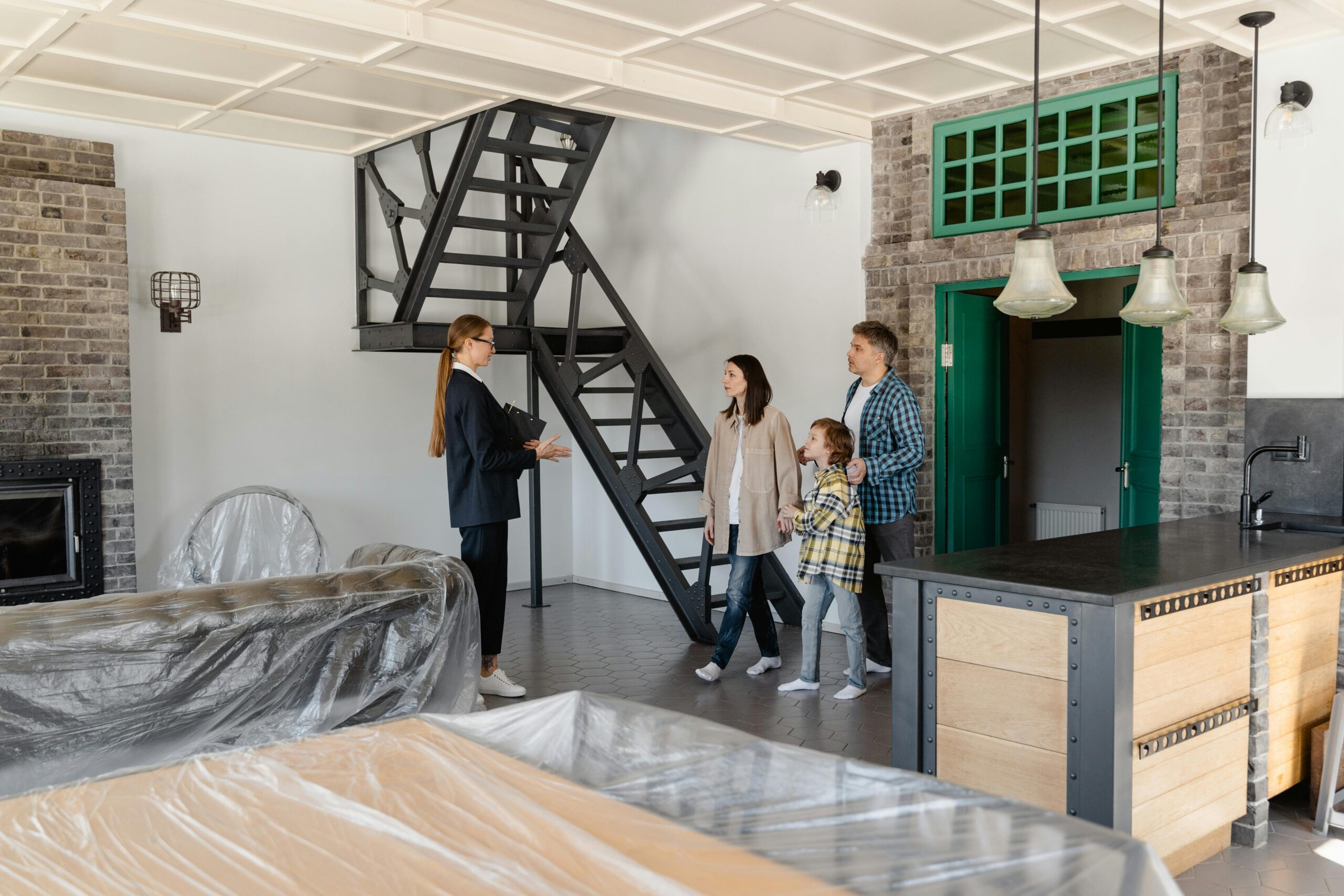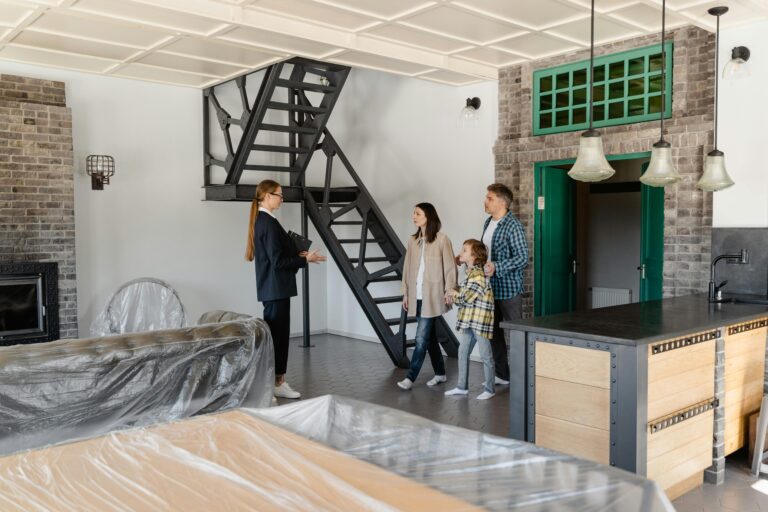
Searching for a new home is both exciting and daunting, whether you’re a first-time buyer navigating the process for the first time or a seasoned real estate investor. Home touring a property is one of the most important steps in the home-buying journey. It’s your opportunity to evaluate the property beyond the listing photos, get a feel for the neighborhood, and ask critical questions that can help guide your decision.
Below are key questions to ask when touring a home, ensuring you leave no stone unturned.
What Is the Condition of the Roof and Foundation?
The roof and foundation are two of the most critical structural components of a home. Ask about the age of the roof, its material, and whether it’s been repaired or replaced recently. Check for visible signs of wear like missing shingles, sagging sections, or water stains on ceilings inside the home.
Similarly, inquire about the foundation’s condition. Cracks, uneven flooring, or doors that don’t close properly can be indicators of structural issues. Repairing these can be costly, so understanding their state beforehand is essential.
Are There Any Known Issues or Recent Repairs?
A seller might not disclose every detail in the listing, but they are obligated to provide information about known issues. Ask if there have been recent repairs to plumbing, electrical systems, or appliances. Understanding the history of maintenance and repairs can give you a clearer picture of what to expect if you buy the home.
For investors, this information is crucial for calculating the potential cost of renovations and determining the property’s value.
What’s Included in the Sale?
It’s easy to assume that certain features, such as appliances, light fixtures, or outdoor furniture, come with the home, but that’s not always the case. Clarify what is included in the sale, especially for key items like kitchen appliances, washer/dryer units, or custom shelving.
For first-time buyers, this can help in budgeting for move-in expenses. For investors, it’s important to know what assets you’re acquiring to streamline property preparation.
What Are the Utility Costs and Average Bills?
Utilities can significantly impact your monthly expenses. Ask for a breakdown of typical costs for electricity, water, gas, and other utilities. If the home has energy-efficient features such as solar panels, updated insulation, or smart home systems, inquire about their effectiveness and any associated maintenance.
Understanding these costs upfront can help you evaluate whether the home aligns with your financial goals.
What Are the Local Schools and Amenities Like?
The surrounding area is as important as the home itself. Even if you don’t have children, properties in areas with good schools often have higher resale values. Research local schools, parks, and amenities like grocery stores, restaurants, and medical facilities.
Investors should pay particular attention to neighborhood appeal, as it can influence rental income potential and long-term appreciation.
How Old Are Major Systems and Appliances?
Big-ticket items like the HVAC system, water heater, and plumbing can be expensive to repair or replace. Ask about their age, any warranties still in effect, and whether they’ve been regularly maintained.
This question helps first-time buyers avoid unexpected costs and gives investors an idea of potential renovation expenses.
What Is the Neighborhood Like at Different Times of the Day?
A neighborhood that feels peaceful during a daytime tour might have a different vibe in the evenings or on weekends. Ask the seller or agent about the area’s general activity levels, noise, and safety.
If possible, visit the home at different times of the day to see for yourself. For investors, understanding neighborhood dynamics is key to marketing the property effectively.
Has the Home Been on the Market Before?
A home’s history on the market can provide valuable insights. If the property has been listed multiple times or has sat unsold for a long period, ask why. It could point to issues with pricing, location, or the home itself.
This is especially relevant for investors looking to negotiate a better deal. For first-time buyers, it can help set realistic expectations for potential challenges.
Are There Any HOA Fees or Restrictions?
If the home is part of a homeowners’ association (HOA), ask about monthly fees and what they cover. Also, clarify any restrictions the HOA imposes, such as rules about exterior modifications, parking, or pet ownership.
Understanding these factors is essential for both buyers and investors, as they can affect the total cost of ownership and the property’s appeal to future renters or buyers.
What Is the Home’s Resale or Rental Potential?
Even if you’re buying a home for personal use, it’s wise to think ahead about its resale value. Ask the agent about the local real estate market trends, comparable home sales, and how the property stacks up.
For investors, this is a non-negotiable question. Consider factors like rental demand in the area, potential ROI, and whether the property could attract long-term tenants.
Additional Tips for Home Touring
While the above questions are critical, your observations during the tour are equally important. Take note of the following:
- Smells and Sounds: A musty smell could indicate water damage, while excessive noise may signal issues with insulation or the neighborhood.
- Lighting and Ventilation: Evaluate natural light, airflow, and window conditions. These can significantly affect the home’s comfort and energy efficiency.
- Storage Space: Ensure there’s adequate storage for your needs, including closets, cabinets, and garage space.
Final Thoughts
Touring a potential home is more than just checking its aesthetic appeal; it’s about gathering the information you need to make a sound investment. By asking the right questions, you can uncover hidden costs, evaluate the property’s long-term potential, and ensure it meets your needs.
For first-time buyers, this process can help you feel confident in your decision. For experienced investors, it’s a way to maximize the value of your portfolio. No matter your background, these questions serve as a roadmap to finding the right property.
Taking a thorough approach during your tour ensures that you’re not just buying a house—you’re investing in a future that aligns with your goals.





